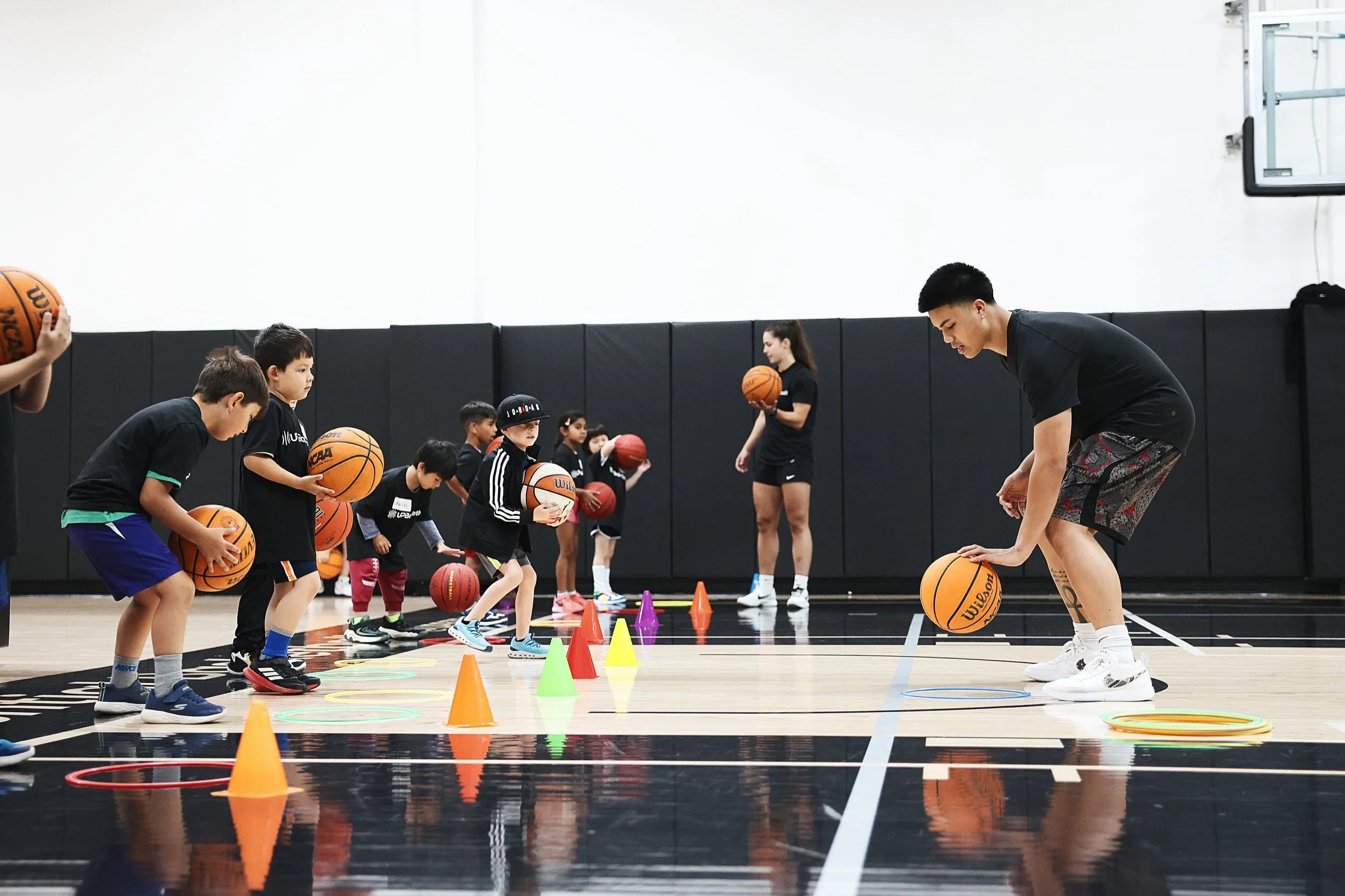The Intersection Between Identity and Sport
3 Minute read
By: Andrea Aruino
As an athlete, who are you without your sport?
This can be a tough question to answer, especially for athletes who are faced with the decision of having to let go of their sport past a certain level. Identity looks different for everyone depending on culture, interests, religion, and so much more. For athletes, identity can be made up of how they view themselves on the court, what they’re doing off the court to improve, or how other people view them in relation to their successes or failures. Identity can easily be meshed into one when they’re dedicating all their time and energy into one sport.
It’s critical for athletes to create a sense of self that allows them to be confident as an individual even if their ability to play was completely stripped. While such circumstances are rare, having other outlets that provide the same sense of confidence and fulfillment as their sport can be invaluable. Many athletes, especially now, are taught that becoming a great athlete means being in the gym as much as you can and letting go of whatever needs to be sacrificed in order to reach that level. Although that may be true, there’s nothing more important than creating a foundation built on things outside of your sports to fall back onto.
“I definitely had my whole identity wrapped up in basketball growing up. I didn’t really do much besides play basketball, I didn’t play any other sports and I didn’t have much of a social life. I knew that I wanted to take basketball far and I knew that would come with sacrificing a lot of the things that kids were doing at a young age,” Coach Hannah said.
Dedication to becoming great at one or several sports is something that deserves praise. Not everyone can accomplish what many successful athletes have accomplished from the high school level to the professional level. Compliments help to reassure an athlete that they’re doing a great job but it’s also vital for athletes to know that their worth isn’t tied to being a good player. Acknowledging aspects of one’s game outside of stats and highlights can help to separate self-worth with performance on the court or field.
“Detaching yourself from the outcome can be a game changer. Focusing on the effort you put into the game is something that matters more than people think. What’s important is knowing that at the end of the day you gave it your all and being proud of yourself for accomplishing that no matter the outcome,” Coach Hannah said.
Another way to find a good balance between your sport and life outside of that is finding things that are enjoyable and relaxing. These are outlets that can help one to release the demands of a sport. This can look like hanging out with friends, trying a pottery class, or reading.
“Doing other things as much as possible that make you feel can be the first step someone takes to reframe their identity, especially if it’s heavily tied to being an athlete even when they’re not playing or practicing. Hobbies and being around people who love you for you are always important,” Coach Hannah says.
For many athletes, they identify themselves heavily in relation to their sport and athletic ability. That’s something every athlete should be proud of and is something that can’t be taken away. Though the intersection between identity and sport can be a blurry one, it's a point of view worth prioritizing especially as an athlete. It’s never too late to find out who you are in tandem with your sport. Having a strong sense of self as an athlete doesn’t mean disregarding the strength and discipline required to excel, it means finding a balance that allows you to feel confident not only on the court, but in every aspect of life.


